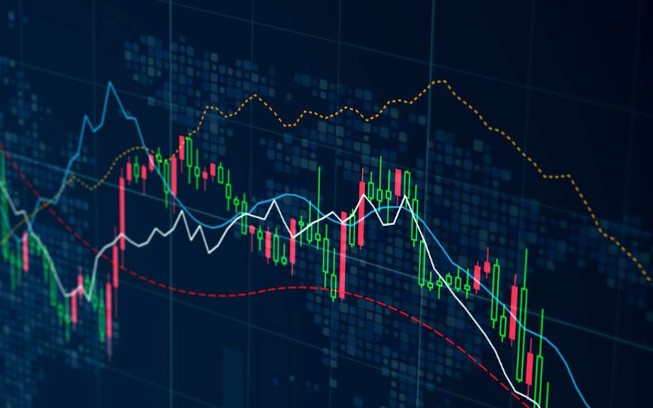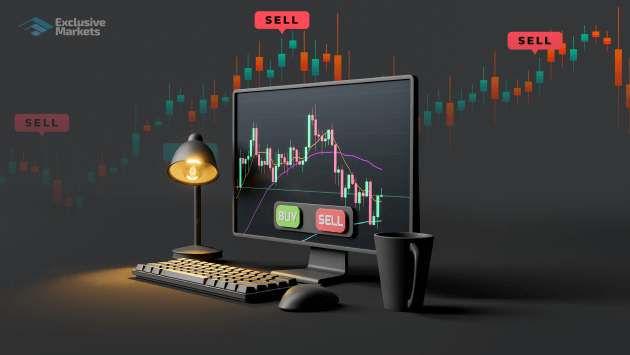
Welcome to the ultimate forex trading tutorial Uzbekistan Brokers forex trading tutorial, designed specifically for beginners who are eager to enter the exciting world of currency trading. In this guide, we will cover the essentials of forex trading, including market structure, trading strategies, and effective risk management practices. Whether you are completely new to trading or looking to enhance your current skills, this tutorial will equip you with the knowledge you need to start your forex journey confidently.
Understanding Forex Trading
Forex trading, also known as foreign exchange trading or currency trading, involves buying one currency while simultaneously selling another. It operates in a decentralized global market where currencies are traded 24 hours a day, five days a week. The forex market is the largest and most liquid financial market in the world, with an average daily trading volume exceeding $6 trillion.
The Basics of Currency Pairs
In forex trading, currencies are quoted in pairs. A currency pair consists of a base currency and a quote currency. For example, in the EUR/USD pair, the euro (EUR) is the base currency, and the US dollar (USD) is the quote currency. When you buy this pair, you are buying euros and selling dollars. Conversely, when you sell the pair, you are selling euros and buying dollars.
Types of Currency Pairs
Currency pairs can be categorized into three main types:
- Major Pairs: These include the most traded currencies and are often characterized by high liquidity and narrow spreads. Examples include EUR/USD, USD/JPY, and GBP/USD.
- Minor Pairs: These pairs do not involve the US dollar but consist of other major currencies, such as EUR/GBP and AUD/NZD.
- Exotic Pairs: These pairs feature one major currency and one currency from a developing or emerging economy, such as USD/TRY (Turkish Lira) or EUR/ZAR (South African Rand).

How to Start Forex Trading
Getting started in forex trading involves several steps:
- Choose a Reliable Broker: Selecting a trustworthy broker is crucial for your trading success. Look for brokers that are regulated and offer competitive spreads and commissions.
- Open a Trading Account: Once you’ve selected a broker, you’ll need to open a trading account. Choose between a demo account for practice and a live account for actual trading.
- Fund Your Account: After opening your account, you will need to deposit funds. Ensure you understand the payment methods and any associated fees.
- Install Trading Software: Most brokers provide trading platforms (such as MetaTrader 4 or 5) where you can analyze charts and execute trades.
- Learn Trading Strategies: Familiarize yourself with different trading strategies that suit your style, whether you prefer day trading, swing trading, or scalping.

Essential Trading Strategies
To succeed in forex trading, it’s important to develop a trading strategy. Here are some popular strategies used by traders:
1. Day Trading
Day trading involves opening and closing trades within the same day. Day traders take advantage of small price movements and rely heavily on technical analysis and real-time market data.
2. Swing Trading
Swing traders hold positions for several days or weeks. This strategy is best for traders looking to capitalize on short to medium-term market movements. Swing traders often use a combination of technical and fundamental analysis.
3. Scalping
Scalping is a high-frequency trading strategy where traders aim to make small profits from tiny price changes. Scalpers usually execute hundreds of trades in a single day, requiring a solid understanding of market dynamics.
Risk Management in Forex Trading
Effective risk management is essential for long-term trading success. Here are some key principles to follow:
- Set Stop Loss and Take Profit Levels: Determine the maximum acceptable loss and the desired profit for each trade. This practice helps limit potential losses and secure profits.
- Risk Only What You Can Afford to Lose: Never invest more money than you can afford to lose. This mindset reduces emotional stress and helps maintain discipline.
- Diversify Your Trading Portfolio: Spread your investments across different currency pairs to mitigate risk. Avoid putting all your capital into a single trade.
Emotional Control and Discipline
Forex trading can be emotionally challenging. Here are some tips to maintain emotional discipline:
- Develop a trading plan and stick to it.
- Avoid revenge trading after a loss.
- Practice patience and wait for optimal trading opportunities.
- Regularly review and analyze your trades to learn from both successes and failures.
Conclusion
Forex trading offers immense opportunities for those willing to learn and practice. By understanding the basics of currency pairs, implementing effective trading strategies, managing risk wisely, and maintaining emotional control, you can embark on a successful trading journey. Remember that consistent practice and ongoing education are key factors in becoming a proficient forex trader. Whether you are trading on your own or utilizing services from Uzbekistan Brokers, always prioritize education and disciplined trading principles.

